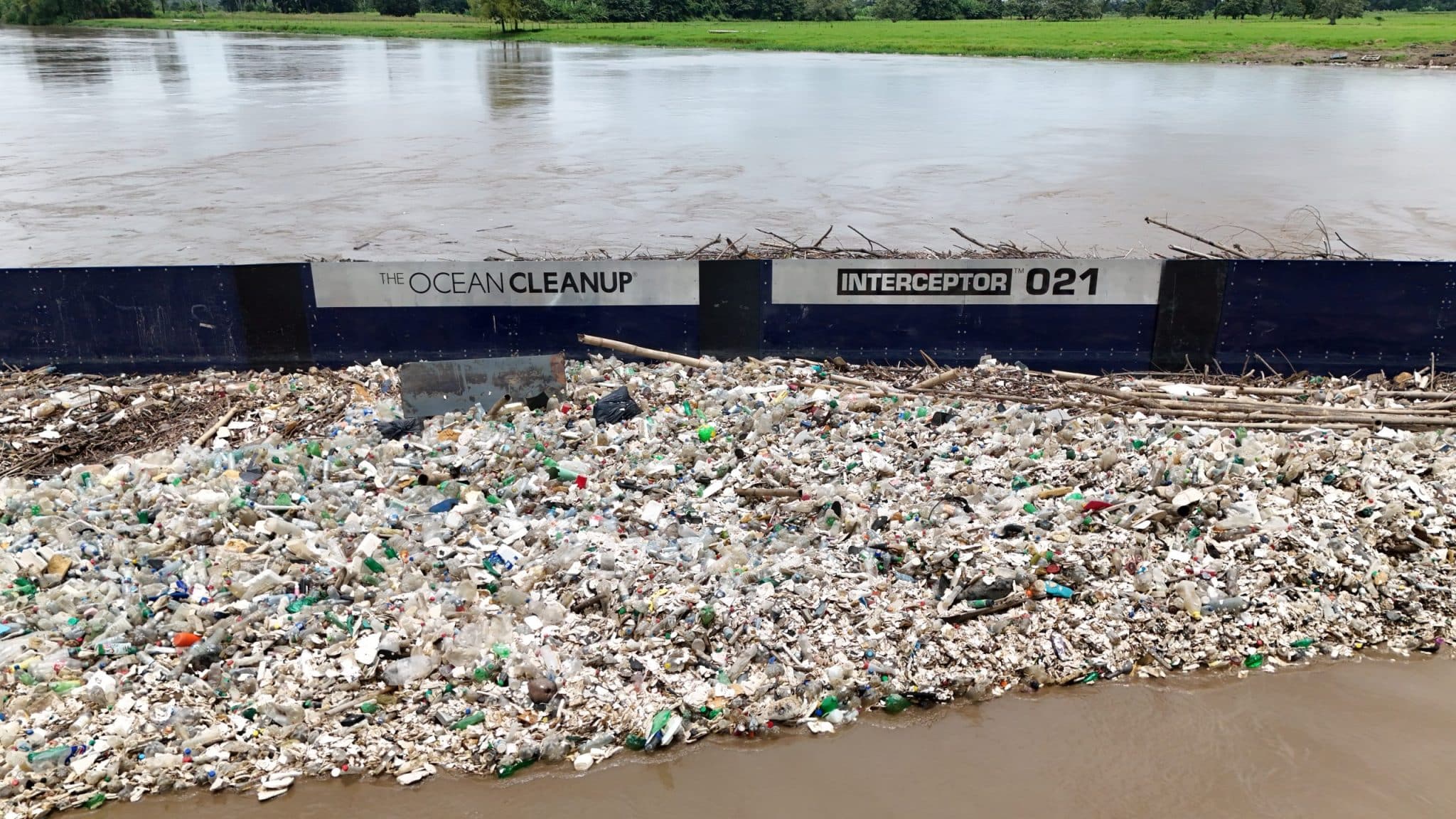Image Credit: skynext/123rf.com
A recent study conducted by Dutch consultancy CE Delft suggests that implementing a modest tax on airline tickets could significantly reduce the aviation sector’s carbon footprint and generate substantial revenue for climate initiatives. The report, commissioned by the Global Solidarity Levies Task Force, estimates that such a tax could raise over €100 billion ($107 billion) annually.
The proposed tiered tax plan would start at €10 ($11) for short-haul economy flights and could reach up to €120 ($129) for long-haul business-class travel. Additionally, a fuel-based tax model could still generate around €84 billion ($90 billion) each year.
This taxation approach aims to address the disparity in aviation emissions. Currently, just 1 percent of the global population accounts for over half of the industry’s emissions, while many countries allow airlines to pay minimal or no taxes on fuel. The proposed tax is designed to ensure that those who fly more often contribute more to climate finance without imposing additional burdens on the majority of travelers.
Public support for the tax is significant, with surveys indicating that approximately three-quarters of respondents in 13 countries believe wealthy air travelers should pay more taxes. There is also considerable backing for a separate tax on private jets.
The revenue generated from the flight tax could be critical in closing the funding gap identified at COP29, where countries committed to mobilizing at least $1.3 trillion annually by 2035 to assist developing nations in addressing climate impacts. Of this amount, $300 billion is expected to come from wealthier countries. Current discussions among nations, including France, Kenya, and Barbados, emphasize the need for international levies on aviation and fossil fuels to create a sustainable revenue stream for climate-vulnerable areas.
As global leaders prepare for COP30 in Brazil, the urgency for effective funding solutions remains high. The flight tax proposal, while not entirely new, has emerged as a practical and widely supported method to promote climate justice and support a transition to renewable energy sources.
Check out the original article here: Source link



